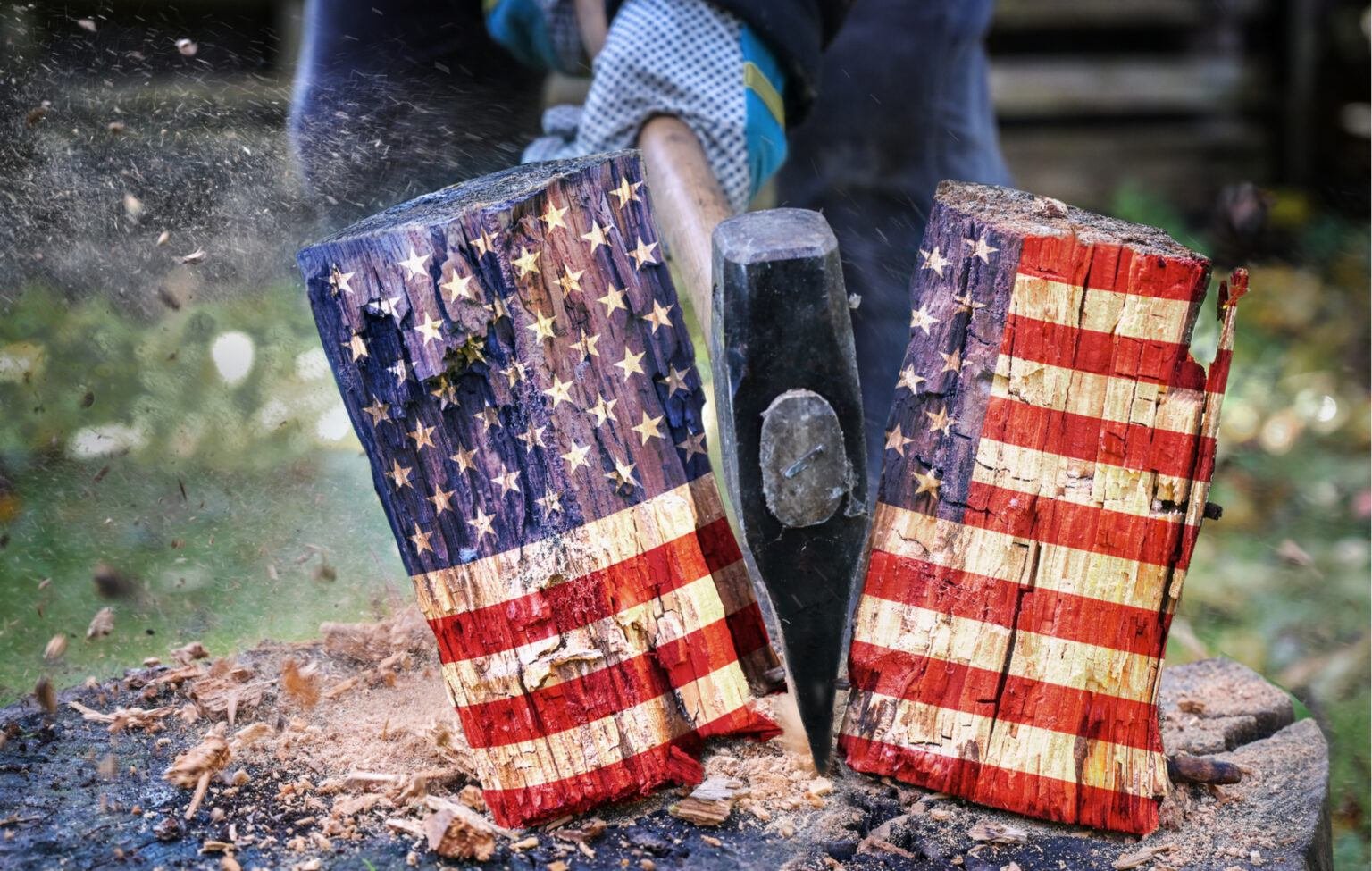Time for a Religion Guy Memo that sidesteps the onrushing news of the moment for a broader-brush assessment of America and American religion that the media need to be thinking about.
Last Saturday, CNN host Michael Smerconish asked whether the United States is experiencing “a national nervous breakdown,” and conducted a (non-scientific) online poll in which 78% of 22,000-plus viewers answered “no” to this question: “Are concerns about America’s unraveling overblown?”
Devastating documentation on the situation came the morning after Independence Day from the Gallup Poll’s annual survey on the population’s confidence in the various institutions that lead, bind and shape the nation.
The Gallup organization stands out among pollsters for its data on identical or similar questions across many years. Writers who pursue this will want to examine the year-by-year “confidence in institutions” data, which in many cases date back to 1973.
Since this is GetReligion, we start with how much confidence this year’s 1,015 respondents have in “the church or organized religion.”
The following numbers combine the “a great deal” and “quite a lot” answers to yield a confidence index. (The poll’s other choices were “some,” “very little,” “none” and “no opinion.”) Note that these percentages track opinions among the general public, not just Americans who are personally involved or knowledgeable about religion.
Simply put, the populace’s confidence in organized religion has hit rock bottom in 2022 at 31%, compared with a 52% majority as recently as 2009, and consistent scores of 60% or better from 1973 through 1985. Digging into the internals we find 46% confidence among self-identified Republicans vs. a paltry 26% among Democrats.
What happened? The Guy sees no clear pattern of immediate reactions to, for instance, news eruptions regarding Catholic priestly predators or the abortion or the same-sex marriage disputes, though gradual accumulating impact seems likely. There’s possibly a bit of damage from a Christian faction’s visible conservative politicking, particularly in the Trump years, but even that is debatable.
The Guy proposes an explanation based upon all institutions gauged by the poll.


